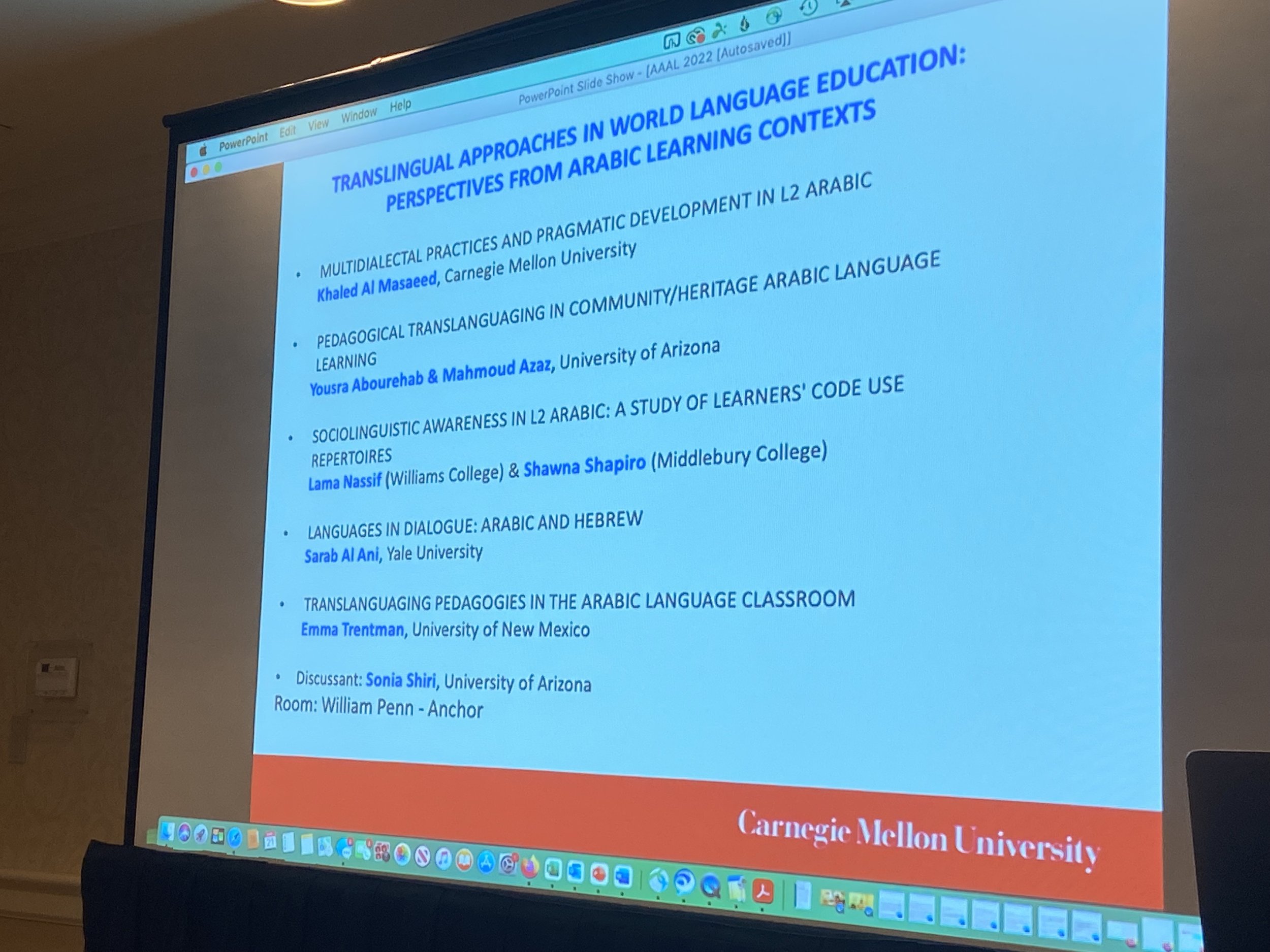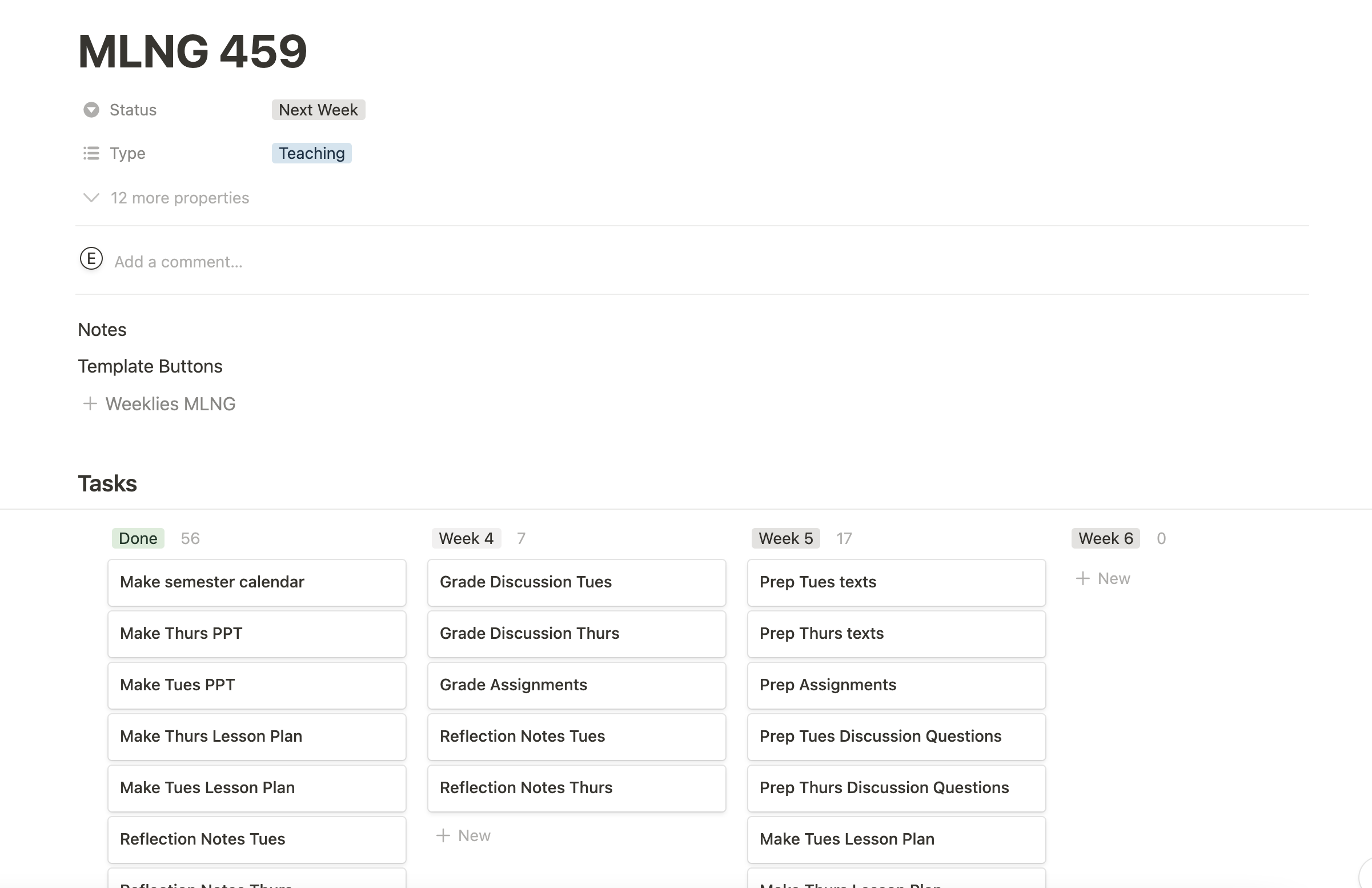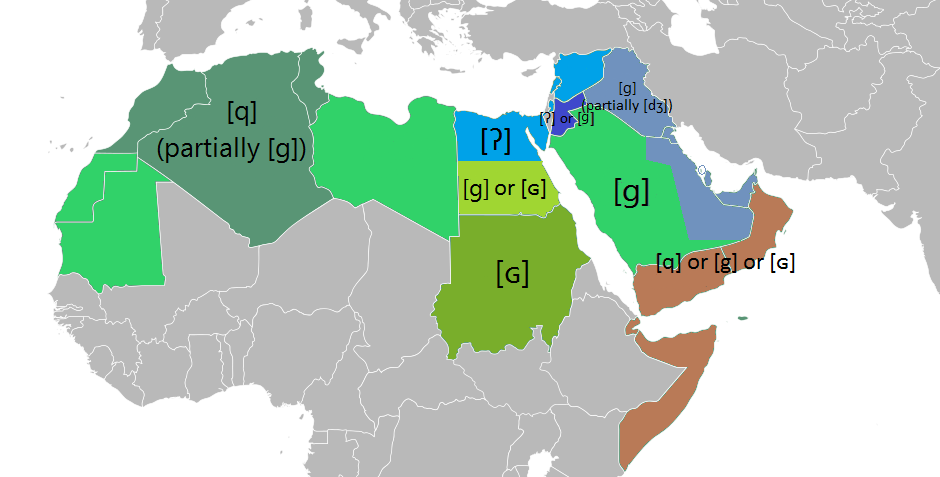Blog Categories
Latest Posts
-

Surviving April
Last semester, I wrote about taking the stressful edge off of November, and in my life at least, April is November’s stressful Spring cousin! In addition to the usual almost but not quite the end of the semester exhaustion and duties, plus tax and allergy season, this April brings some extra stress with all the…
-

Reflections on Four Years of Blogging
It’s hard to believe that it’s been just over four years since I started this blog! To celebrate, I’d like to reflect on this experience, as well as share some previous favorite posts, according to visits and to me!
-

Translingual Approaches in World Language Education: Perspectives from Arabic Learning Contexts
A couple of weeks ago, I co-organized a colloquium with Khaled Al Masaeed at the American Association of Applied Linguistics Conference titled “Translingual Approaches in World Language Education: Perspectives from Arabic Learning Contexts”. Although I have attended the AAAL conference most years since 2007, and it is probably my favorite conference, there are usually only…
-

Language Ideologies in the Wild: Language Learning as a Hobby
Following up on my recent language ideologies in the wild series, in this post I’m back with a collection of examples focused on the ideology of language learning as a fun hobby. As these unrelated examples demonstrate, this is a fairly common language ideology, and while I am all for hobbies, it’s worth highlighting the…
-

Using Notion to Organize Travel
Two years ago, I wrote a post about organizing travel with Trello, and shortly thereafter, the world shut down. As I traveled the last two weekends for dance competitions, and am headed two my first in person conferences since 2020 the next two weekends, I thought this was an appropriate time to revisit travel planning!…
-

Why study languages? Improve your listening skills!
When talking about language learning, I’ve sometimes found people approach this with an all or nothing approach. Specifically, seeing the goal as “becoming fluent” or having the skills to work as a translator. While these are great (and I’m all for expanding our linguistic repertoires as much as possible!) I think a focus on obtaining…
-

Language Ideologies in the Wild: Braiding Sweetgrass
This post continues the Language Ideologies in the Wild series, where I discuss language ideologies I encounter in my everyday life, usually in books or podcasts. Today, I’m looking at selections from a book I read recently: Braiding Sweetgrass: Indigenous Wisdom, Scientific Knowledge and the Teachings of Plants by Robin Wall Kimmerer. I enjoyed and…
-

Language Ideologies in the Wild: Street Parking
It’s time for another language ideologies in the wild post! In this series, I describe the underlying (and generally) unrealized language ideologies in material I encounter in my everyday life. Today’s discussion comes courtesy of the Street Parking podcast. Street Parking is a fitness program I participate in (and love!) so as usual, the point…
-

Organizing Teaching with Notion
A few years ago I wrote a post on Using Trello to Organize Teaching. Since then, I’ve moved on to using Notion as my digital organization system, and so I thought it was time for an update on how I’m using that to organize my class teaching. Notably, you’ll see that while the app has…
-

Does a multidialectal approach mean teaching all of the dialects?
This is a question I get frequently when I advocate for a multidialectal approach to learning Arabic. The short answer is no.The longer answer is also no, but with a much lengthier explanation, which I thought I’d give in this post. In general, there are two types of people who ask this question. The first…